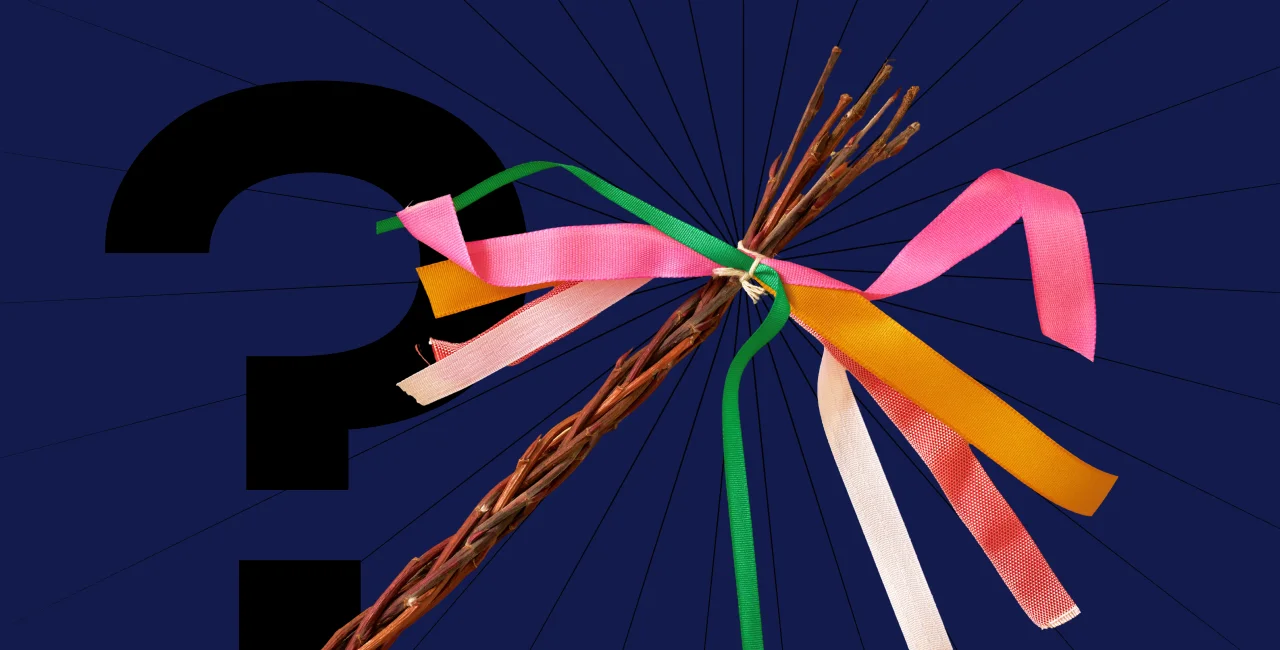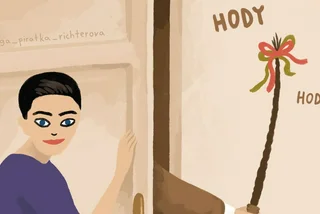For many in Czechia, Easter has shifted away from its religious roots and toward social and family gatherings. According to a recent survey of 1,000 respondents over the age of 18 by NMS Market Research, only 9 percent of people plan to attend church this Easter. Instead, customs like the pomlázka—a traditional whip made of braided willow—remain widespread, though increasingly divisive.
Despite its popularity among some, especially young men (64 percent of Gen Z males support the tradition vs. 26 percent of Gen Z women), the pomlázka ritual of men whipping women in exchange for shots, chocolate and baked goods, is viewed negatively by a significant portion of the population—particularly women.
PARTNER ARTICLE
Eight in ten Czech women report disliking the whipping ritual; a third actively avoid it, while others endure it with discomfort. Nearly half say they’ve experienced pain from the practice, with many reporting bruises or feelings of humiliation.
"Men from the youngest generations most often go out to carol singing and whipping; for them, it is mainly a social event, so it is no wonder that they like this custom," says Lucie Režná the survey author.
Easter preparations are also split among gender lines: Dyeing eggs or preparing traditional dishes remains the domain of women. The number of women preparing for these traditions is on average 20 percentage points higher than men.
Curious about how attitudes toward Czech Easter differ across age and gender? Scroll down for the infographic or read the full study (in Czech) here.













 Reading time: 1 minute
Reading time: 1 minute 



















